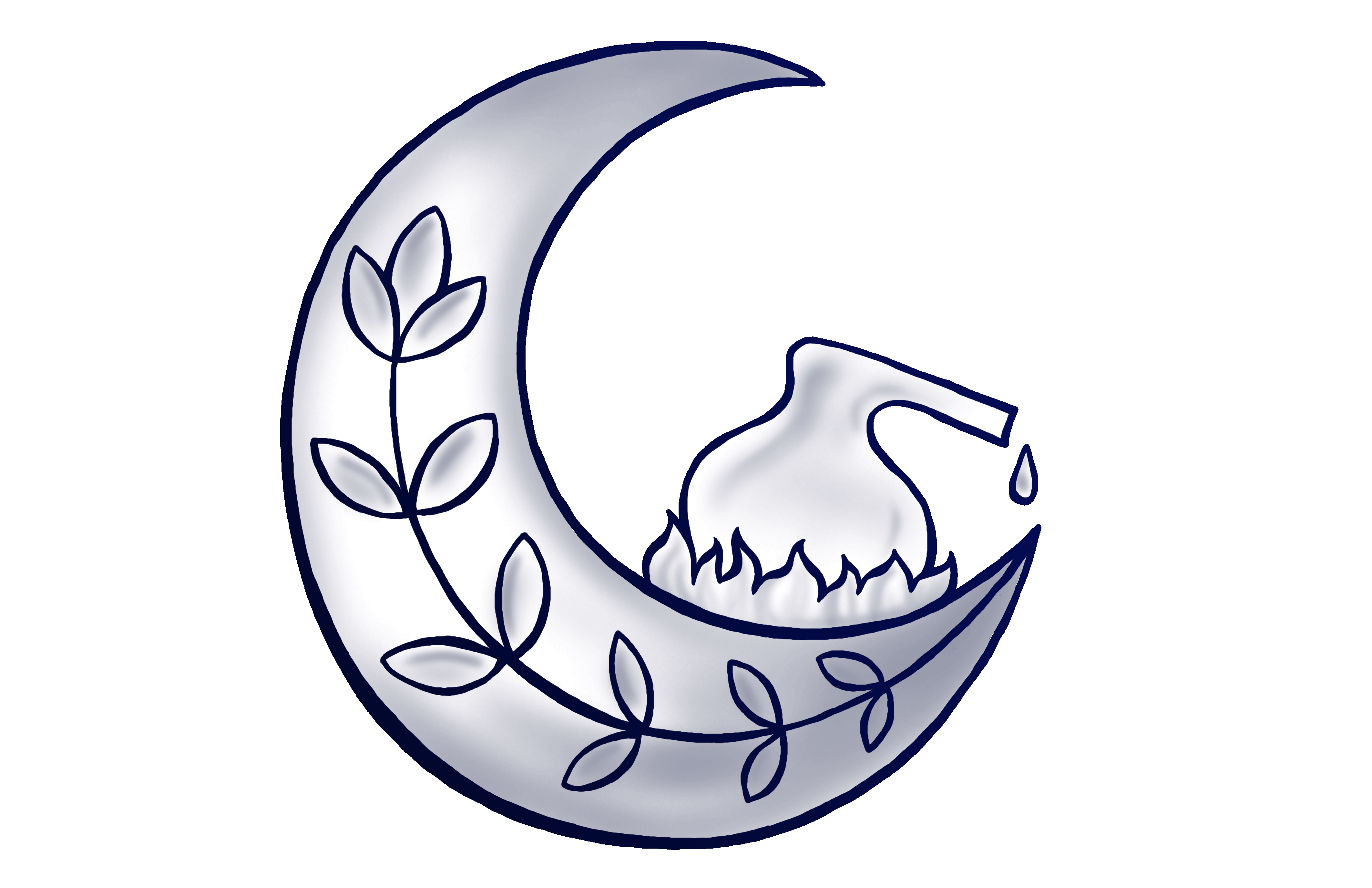top of page

Frequent questions
(almost) All the answers to your questions!
Question: What is an Essential Oil?
Answer : A set of compounds secreted by a plant (of which at least some with a very intense perfume) for various reasons, including defending against parasites, attracting "good" animals, protecting oneself from the cold and so on. It is not a real "Oil", but rather a concentrated hydrophobic liquid, which contains volatile chemical compounds.
Q. How do you get an Essential Oil?
A There are various methods, the most common of which is "Steam Distillation". In practice, steam is passed through the material to be distilled and then condensed.
D. But then are all craft and industrial essential oils the same?
A No, for various reasons. The first is that industrial distillation uses high pressure stills to make very fast distillations and therefore to be able to produce more. As a consequence, the temperature of the steam often exceeds 100 ° C, causing particular chemical reactions which impoverish the quality of the oil. On the other hand, a good artisan distiller will normally have temperatures at the mouth of the Alembic not higher than 80 °, 85 ° C. The choice of the material to be distilled also greatly influences the quality of the final product. For conifers, for example, the most precious essence is obtained from the leaves (from the "needles"), and as it descends towards the trunk and the root the quality drops a lot - but not the quantity. Giocoforza, those who distil on an industrial level will use all parts of the plant, unlike the artisan distiller. Finally, distillation is an Alchemical Process, in which the Distiller Energy has a strong role in activating the Energy and Spirit of the Plant. An industrial essential oil loses many if not all of its properties on thin bodies.
Q. Can I ingest your essential oils?
A No. They are labeled as room air fresheners. And in general, essential oils should NEVER be ingested, unless under the strict control of a really good Aromatherapist. That said, it is up to the Consciousness and Knowledge of the individual user to proceed as he sees fit.
D. But then, how do I use them?
A Essential oils are mainly used (indeed, almost exclusively) for inhalation: directly from the bottle, in the diffuser, on a tissue, in a pot of hot water ... every method is fine. They can be used PURE on the skin or diluted in a carrier oil with the above precautions, that is, only if you know what you are doing.
D. Puri? Surely you were wrong ...
A Indeed Coniferous and Lavender Essential Oils, if extracted correctly, are 100% safe on the skin. Of course, they should never come into contact with the eyes and mucous membranes.
D. But do you really distill them?
A Yes, each bottle is distilled, seasoned and bottled by me in the Carbonare di Capriana laboratory.
Q. But do they really work?
A There is concrete evidence of their use for spiritual and medicinal purposes at least 2500 years old, so I would say yes.
Q. So why are there few double-blind studies on their effectiveness?
A Mainly because they have a different functioning mechanism than that of conventional western medicine. Our Medicine is based on the simultaneous administration of one, two, three active ingredients at most. Any Essential Oil contains hundreds of different active ingredients, most of which have not yet been identified. Under these conditions it is practically impossible to organize a research done properly. However, there are anecdotal and empirical evidence of their functioning in every society and culture that has used them.
D. I already know all these things, I'm here because I want hydrolates!
A At the moment I'm not organized to market them, you can contact me and let's see how to organize ourselves!
For any other questions, doubts or information, please contact me by email, WhatsApp or through the dedicated form.
bottom of page


